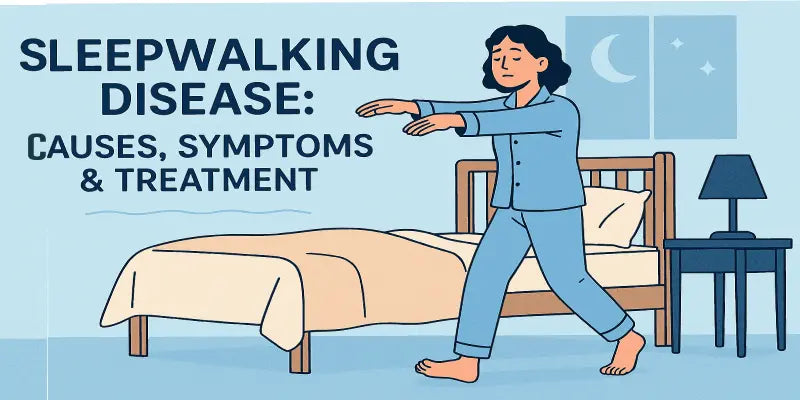
The Best Daily Routine: According to Science
Have you ever felt like you didn't have enough time to relax, get dressed properly, or work out in the morning? All of these are warning signs that you lack a daily routine in your life. You don't need to follow a military schedule to get control of your life; a basic everyday routine will be enough for you.
Routines and structure increase productivity. Instead of racing from one work to the next without understanding which requires your immediate or full attention, you focus on critical business objectives. In this blog, we'll help you develop a better daily routine based on research, giving you the ability to govern your day.
The Best Daily Routine, According to Science
It's an investment in yourself in creating a good daily routine. While each person's daily schedule is unique, a successful daily routine always consists of consistency—following whatever the best routine chooses to follow regularly. Science suggests the following ways for developing a healthy daily routine:
Plan Your Day in Advance
It is important to plan your day in advance. What you’ll wear to office the next day, the food you're gonna cook in the morning, all the work that needs to be done on priority the next day, planning these small things can save you a lot of time in the morning.
Sleep Well at Night
The quality of your sleep at night decides how the next day will go. If you want to maintain a healthy routine, you should get 7 to 9 hours of sleep per night. Do not punish yourself if you wake up in the middle of the night. Don't worry if you experience insomnia.
If you are struggling to get sufficient sleep for the night, look into investing in a memory foam pillow. These pillows are very popular these days, and they have proven to be useful for many people. The nicest feature of this pillow is that it conforms to the shape of your head and neck and retains that shape. It supports your favorite sleeping position and relieves tension on your neck and back.
Don’t Set a Phone Alarm in the Morning
If you wake up to an alarm, it signifies that you are waking up earlier than needed to feel energized, which disturbs your internal clock. Alarms release cortisol, which raises blood pressure and heart rate. Furthermore, phone alarms are accompanied with a stressful blue light.
If you need to set an alarm to avoid being late, try using an analog, old-fashioned alarm or leaving your window open so you can wake up to the sound of birds chirping.
Also Read:- Best Exercises to Improve Your Sleep Quality
Start Your Day with Meditation
Make your bed, get a glass of water, and start your day with some mindful meditation. If you don't have much time for a long meditation session, try a 10-15 minute meditation session before starting your work and try to deal with random, racing thoughts that cause stress and anxiety. But be aware that picking up the phone can soon trap you in a web of client emails and social media triggers. So avoid the phone after a few hours of waking up.
Take a Cold Shower
After you've completed your daily tasks, such as cleaning, take a cold shower. If your lifestyle allows for a cold shower after meditation, that's great. A cold shower can relieve tension while also helping your skin. Do the feet, legs, and arms first, then the face, and finally the trunk, which is the most at risk for cold.
Eat a Nutritious Breakfast
The foods you eat in the morning have a big impact on your mood, energy levels, and overall performance. That is why your first meal should be nutrient-dense. Consume nutritious foods such as eggs, whole grains, fruits and vegetables, and so on to keep you energized throughout the day.
Get Some Sunlight
If you work from home or do not spend much time outside, it is good to get some sunlight. You can take a morning walk or spend some time on the veranda to catch some sunlight.
Also Read:- Why Do I Wake Up Before My Alarm?
Organize Your Work for the Day
A to-do list is always a smart idea if you're feeling overwhelmed by your workload. Also, choose the easiest and most comfortable chores, which are not always urgent or important.
Conclusion
Find the best routine that lets you feel your best and most productive by trying different activities and timings. There is no need to stick to the perfect morning routine that has been scientifically proven to work. Remember that what works best for you may not work for others. It's important to personalize your morning routine to your unique needs and tastes.








